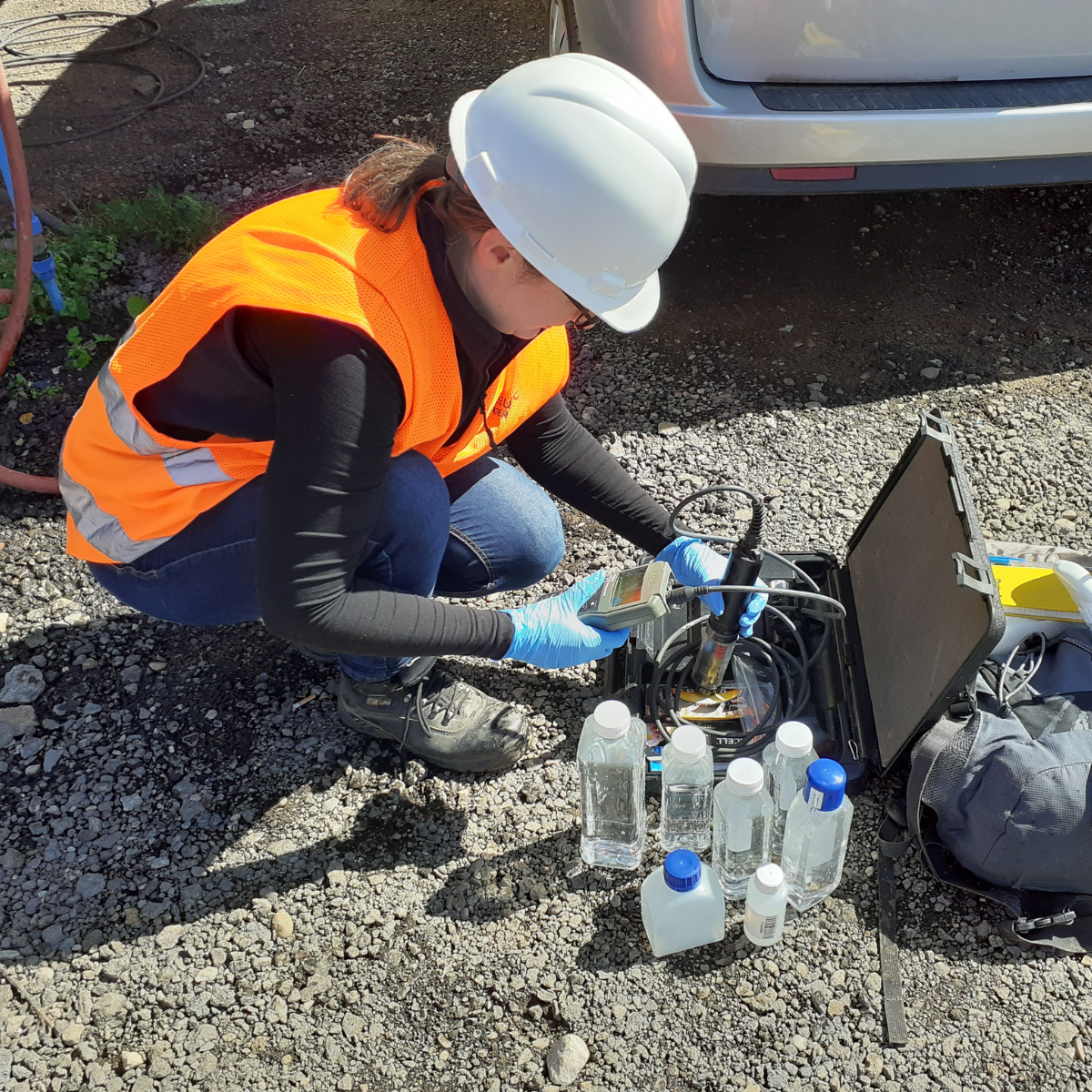Environmental Monitoring

Our team's recent monitoring rounds have got us thinking...why should you invest in environmental monitoring?
Environmental monitoring is crucial to understand water systems and ensure regulatory compliance by enabling us to assess and observe the quality of the natural environment over time; generating evidence for environmental impact assessments and protecting it from human activities. Monitoring systems may also be used to support or challenge applications for planning permissions, environmental permits and abstraction licenses.
However, it involves more than just data collection; it must be designed to meet specific objectives, which vary by purpose, application and audience. Regular reviews are essential to ensure the system remains suitable, as incorrect data collection can occur otherwise.
Remember, monitoring is a continuous process, with true value often realised after many years of data collection!
Envireau Water has a long history and range of experience in developing, designing, and installing hydrometric monitoring systems tailored to each project's specific objectives, ensuring effective environmental monitoring.
When it comes to environmental monitoring, our team knows what works and what doesn't. Fortunately for you, they've created five top tips for success, keep reading to learn more...
1.Use the right monitoring/sampling technique
Selecting the right ways to monitor and sample water depends on the exact objective of the scheme and how long it needs to be in place. With solutions for every budget, it is important to select the right solution, so the correct things are monitored.
2.Use field and manual measurements to back up monitoring data
It is easy to start believing monitoring data. Regular manual measurements of water levels and flow rates are required to ensure that monitoring equipment remains accurate.
3.Avoid contamination during water sampling
Sample taps, the immediate working environment, and PPE must be clean to minimise the risk of contamination and chemical and microbiological inaccuracies to avoid giving incorrect results.
4.Check lab results and think about what they really mean
How water samples are collected, stored and transported to the laboratory has a big impact on results. Quality assurance on results will identify potential analytical and/or sampling errors.
5.Regularly review monitoring systems
As more knowledge surrounding how groundwater and surface water systems work, long-term monitoring systems will often need to adapt over time. Failure to do so may lead to the wrong conclusion.
If you are considering developing a new water supply or require a monitoring system with data presented in the correct way, our expert team of hydrogeologists and hydrologists can offer solutions to cover groundwater monitoring, surface water monitoring and water quality sampling necessary for your project.
Contact us on 01332 871 882 to find out how we can help or contact alastairrose@envireauwater.co.uk
About Envireau Water
At Envireau Water, we are a team of expert water scientists and engineers, who provide guidance on the management and regulation of natural water systems across the UK. By working collaboratively with our clients and the regulators, we deliver robust sustainable solutions that meet the requirements of all stakeholders. With an incredibly loyal client base and our ability to work seamlessly throughout the four nations of the UK, many of our clients know us individually and trust us to find resolutions to their water problems for years to come.
Connect with us on LinkedIn to hear the latest industry developments and updates regarding our team.
Envireau Water is an RSK Group Company.







